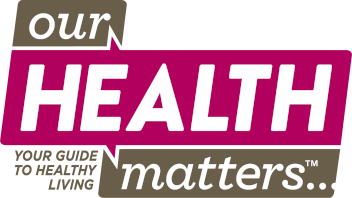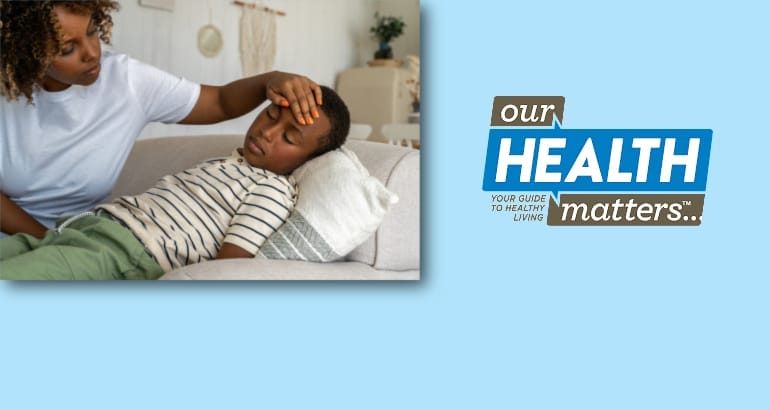
By Jennifer Schuster MD, MSCI Children’s Mercy Kansas City
Don’t let a respiratory illness put a damper on your holiday fun! Since the COVID-19 pandemic, respiratory viruses can be unpredictable so being prepared is important. Here’s what you need to know to help keep your family safe and healthy.
Preventing viral respiratory illnesses
- Wash your hands for at least 20 seconds.
- Keep away from people who are sick.
- Cover your nose and mouth with a tissue when coughing or sneezing (or sneeze/cough into your elbow).
- Clean surfaces often like doorknobs, car handles, phones and keys.
- Stay at home if you are sick.
- Stay up to date with flu and COVID-19 vaccines.
Flu Facts
Flu, or influenza, is an infection of the nose, throat and lungs caused by the influenza virus. The flu is contagious and can be spread through droplets from person to person.
There’s a misconception that influenza “isn’t that bad,” but it can be deadly, even for children who were previously healthy. Flu symptoms include:
- Fever
- Headache, body aches, chills
- Cough
- Runny nose, congestion
- Sore throat
- Nausea, vomiting, or diarrhea
The best way to protect yourself from getting the flu is to get vaccinated. The flu vaccine is safe. It is recommended for everyone six months and older. The vaccine is available at doctor’s offices and other locations in your community.
RSV Facts
Respiratory syncytial virus (RSV) is a virus that can be spread through droplets from coughing, sneezing or touching infected surfaces and then touching your face.
RSV symptoms include:
- Cough
- Trouble breathing
- Fever
- Runny nose and nasal congestion
For most children, RSV causes mild symptoms, and the body fights the virus off in one week. In young children, particularly those less than six months, and children with weakened immune systems, RSV can become dangerous.
In young children, particularly those less than six months, and children with weakened immune systems, RSV can become dangerous.
In July 2023, the Food and Drug Administration (FDA) approved Nirsevimab (Beyfortus) to prevent RSV infections in infants, providing immunity to RSV by giving an antibody. The Centers for Disease Control and Prevention (CDC) recommends all infants younger than 8 months old receive Nirsevimab. There is currently no RSV vaccine for infants.
The FDA also approved an RSV vaccine for adults 60 years and older and pregnant persons. After getting the vaccine, the pregnant person makes antibodies to RSV and passes them to the baby before delivery. When the baby is born, they have some protection against RSV. CDC has also recommended this vaccine for pregnant people who are 32-36 weeks pregnant to help protect young infants.
COVID-19 Facts
In September, the CDC recommended an updated COVID-19 vaccine for everyone ages 6 months and older. This updated vaccine will provide protection against serious illness from the current strains. Contact your child’s primary care provider, pharmacy or local health department to get them vaccinated. Visit vaccines.gov to find a location near you for flu, RSV and COVID-19 shots.
Dr. Schuster is Director of the Infectious Diseases Fellowship Program; Professor of Pediatrics at the UMKC School of Medicine & Education.






